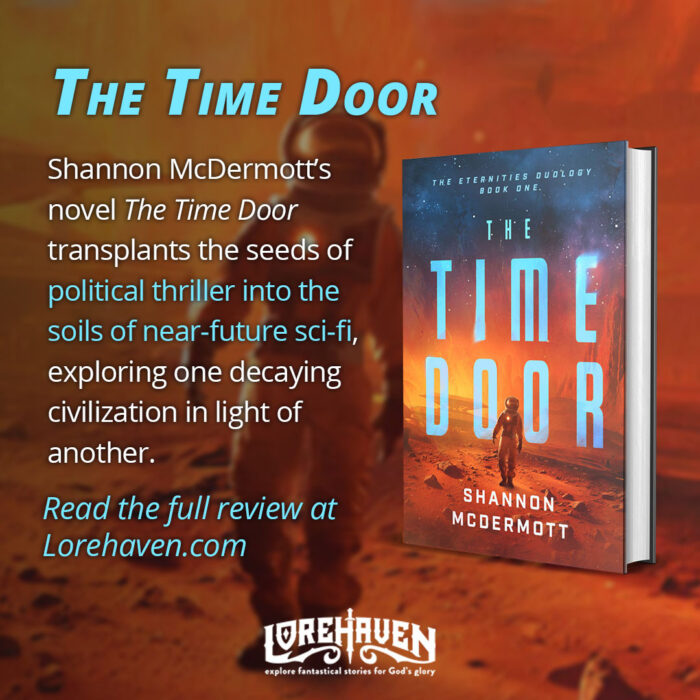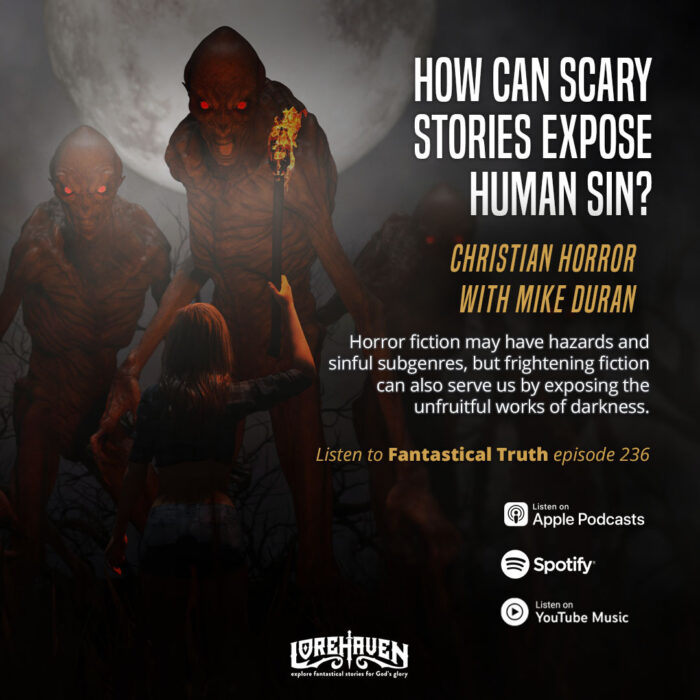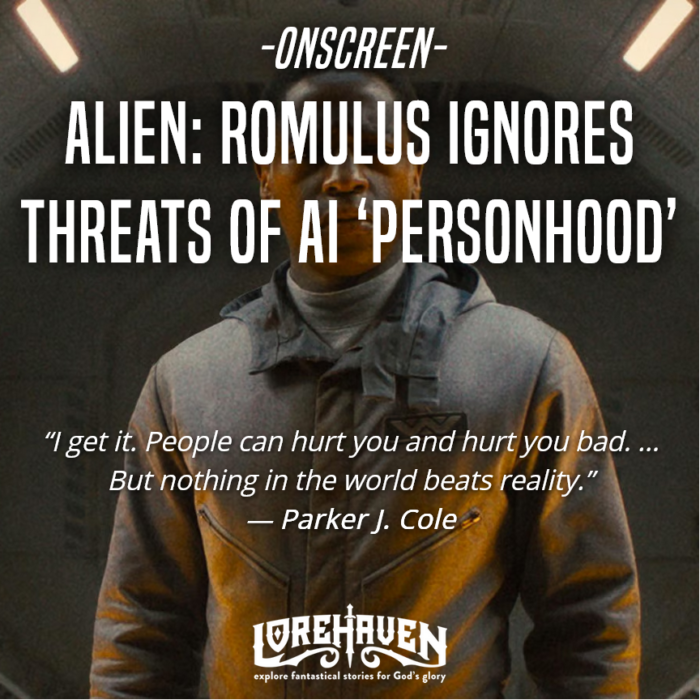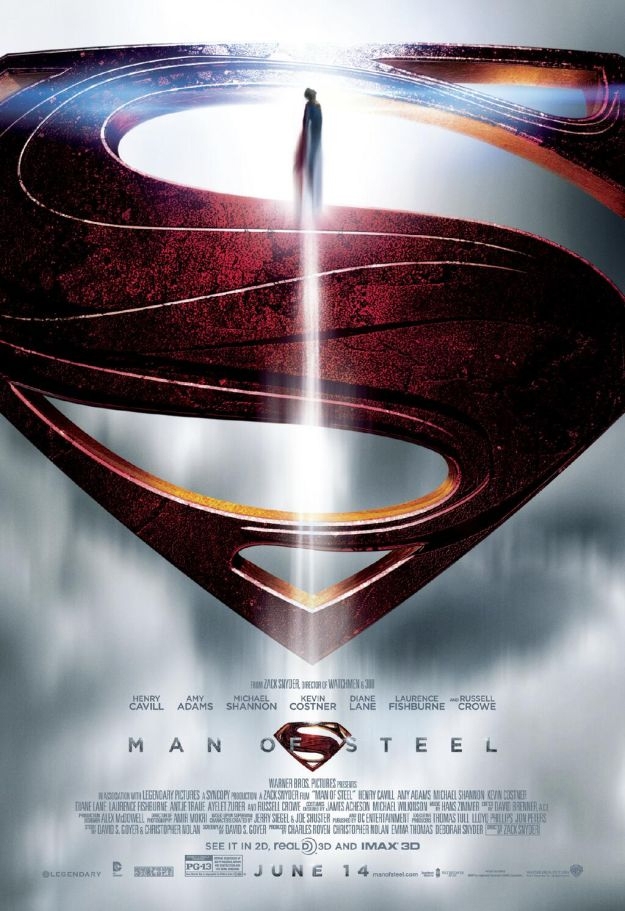‘Man Of Steel,’ Heart Of Flesh
So the theater was absurdly loud. Why do they do that? In my defense I had to mimic the poster of young Clark Kent, overwhelmed and huddled down, hands pressed to his ears.
That’s my worst dislike, though it hardly relates to the actual fantastic Man of Steel film.1
And yet:
- Absurd amounts of metropolitan collatoral damage may be old hat to us, but not for Clark Kent. I wish we’d seen him express some shock at what he and other Kryptonians were able to do to the place — before he decided such destruction was inevitable.
- It would have been fun to see more of him experimenting with his powers, especially given this kind of villainy. What trick works? What trick doesn’t? Well, that didn’t work. Try something else. Ah, it worked this time. That would have also given the battles more ebb and flow — rather than a grand-finale 45+ minutes of near-constant wanton destruction with onscreen death tolls surely in the tens of thousands.
- Lingering shots. I would have enjoyed so many of those. Instead the film kept denying me. Oh, what’s that fantastic creature Jor-El is riding; may I see more? Denied. Wow! At last our hero is flying! Let’s see more of that, please. Denied.
Those are mild criticisms, by comparison to my overall enjoyment of the superhero film. What then of this other criticism I’ve heard?
It goes something like:
Superman always makes the right choice, every time. That’s what makes him Superman, that he has inner power of character, not just his external powers. But in Man of Steel, he steals X, does Y as retaliation for someone’s bullying, and is finally even forced to destroy Z. This does not make a good hero.
Agreed: it does not make a hero. Some onscreen exploration, through dialogue or even reaction shots, would have helped (see mild criticism 1, above).
However, I recognize the criticism of you-can’t-have-a-hero-do-that. It’s often leveled against Christian novels that try to push things a little.
- This flawed hero should be allowed to curse. No, you can’t do that, ever.
- Shouldn’t this romance have some more realistic sexual tension, though not enough to tempt most readers, even if the characters successfully resist it? No, that’s not allowed.
- Can I see more of this character’s honest struggles with God, even shouting at Him with the Author-endorsed honesty of the Biblical psalmists? Denied.
So I have no issue with showing Superman as a flawed individual, with a heart not necessarily of steel, on his hero’s journey.
Show him in the sequel when he’s accepted his father’s call and now being a full-time hero, making these kinds of shabby decisions, and then I might have an objection. Because yes, unlike Batman, Tony Stark, The Hulk, or any other hero, Superman is most interesting when he is almost always making the right choices. Then you can see how he fares against villains, or even victims, who do not.
However, those who fault the prototypical hero’s onscreen choices might also consider his behavior in Superman II, both the original and The Richard Donner Cut (2006), in which Clark Kent, arguably strangely world-weary, surrenders his superpowers and sleeps with Lois Lane.
And I’m sure those more familiar with the character outside his screen adaptations (these are my limits!) can share more about the original comics’ precedents.
- A few mild spoilers ahead. My fuller review will likely come this Thursday. ↩





































The problem with making Superman flawed, however, is that the filmmakers also are intent on making him a Christ parallel–blatantly so. When Superman is (in some cases) meant to be a picture of Christ, but you have him “flawed” and “human”, then you’re bringing down Christ to being flawed and human. He was human, yes, but was sinless (sin being a key ingredient in what we understand as the human experience). Christ had something otherworldy about him, and so does Superman. But if Superman struggles with choices of right or wrong, then they’re muddying up the waters about Christ.
However, I recognize that these are probably not Christians making this movie, so, to them, they might be going with a historical Christ or a “Last Temptation of Christ”, bringing him down to our level, which is absurd, blasphemous, and ultimately not very satisfying. So, as a Christian watching it, I recognized the obvious Christ metaphors (hello laying across the Earth with your arms outstretched in a Crucifixion pose), but I was put off by their humanizing of the Christ figure. Either make him Christ, or make him a good guy–but he can’t be both.
Having said that, I thought Henry Cavill was great in the role.
But a Christ-type is ultimately only a type. Holding a Christlike character to a standard of sinless perfection would be incredibly limiting to the story. A metaphor is not the thing itself; it’s an example of the thing, flawed and inexact. We should accept that and allow stories room to breathe.
Yeah, I know that, but I feel like, sometimes, when people make a Christ-type in stories, it’s more of a comment on their image of Christ rather than their image of–in this case–Superman. Rather than “Look how awesome Superman is”, it came off (to me) as more of a “Look how flawed and human Christ might have been”. But maybe I’m reading more in to it than intended. There are characters who demonstrate Christ-like attitudes, and then there are guys like Aslan who are stand-ins for Christ. In which case, yes, a character like Aslan is held to a higher standard. I’ve seen nearly every incarnation of Superman, and it doesn’t bother me when he’s flawed–provided that the creators haven’t spent the whole time trying to convince me he was Jesus.
Anyway, I think Superman works better as a Moses metaphor (who, himself, is a type of Christ, I realize) which is perhaps closer to the intent of Supes’ creators who were Jewish and probably weren’t looking to make any comparisons to Christ. That I know of, anyway.
There are plenty of types of Christ in the Bible, but those guys reflected aspects of Christ. With “Man of Steel”, they seemed to be flat out telling a parable, with his “mock trial”, his death/resurrection, his “coming to Earth to show us the way”. It was almost a blow-by-blow of the gospels, rather than Superman demonstrating some Christ-like qualities.
Ultimately, I suppose it’s a good sign, as it just demonstrates that people have this innate desire for a savior greater than themselves.
Interestingly, Man of Steel screenwriter David Goyer was asked about (spoilers here, of course) the wanton destruction of Metropolis during the final battles, which in the story-world dwarfs all the real-life devastation of the Sept. 11 attacks.
Fair enough. Superman is not a god; he cannot possibly save everyone.
But methinks Goyer missed the point. The real concerns is not that people died in the fights, but that Superman didn’t seem to think of them or try to minimize collateral damage.
It was better in the Smallville scenes, when we see Superman urge people to run from the fight or shut themselves up inside buildings. Later, he didn’t ask to be hurled into the IHOP or the Sears (and we can chalk up his 1,000 MPH barrel roll with Zod into the 7-11 as poor aim and understandable outrage at the villain).
But before the final battles, just one scene, perhaps one that was already filmed and which ended up cut, of our hero trying to give the same warnings in Metropolis would help his character.
It’s not that we expect no civilians to die. But he should at least warn them away.
Some are also critiquing Superman’s choice to take a life, when faced with what seems an impossible decision. I don’t mind the twist on the “what happens when an unstoppable force meets an immovable object” quandary. But it simply doesn’t ring true as a microcosm of the quandary, after we have not really seen Superman attempt to show the same regard for life in the macro-cosmic citywide beatdown.
In my mind, Superman did do this, try to order evacuations and such, just as he did in Smallville. We just didn’t see it in what is a visual, visceral, even realistic story.
And that affects us.
Especially for a Nolan film, stylized though it is, the genre is much more “realistic” by intent. It’s hard to think “comic book violence” when things do feel this real.
Finally, it’s fascinating that other Man of Steel viewers — both fans and reluctant non-fans — are concerned about this, for I thought this wouldn’t be discussed. Yet people still take their heroes and their morality seriously. That’s common grace.
My take on Superman’s reaction to the cataclysmic destruction of Metropolis is this: that, rather than bowing blindly to comic-book cliches and pausing before each epic slugfest to obligatorily let people know that, “Hey, there’s a giant alien gravity gun towering over your city and pummeling your buildings to dust, and oh, by the way, I’ll be duking it out with some super-strong and super-fast Kryptonians all over the block during the next ten seconds before one of us gets hurled to the other side of town,” Superman actually behaves as though the threat he faces is real. Instead of amateurishly breaking his concentration to inform hapless bystanders of something they already know, he devotes his entire will to putting an end to the threat. That’s what a hero does. That’s compassion in action.
One of the things I love the most about Man of Steel (and there’s nothing about it I don’t love), is that it’s villains require more concentration than Superman has to offer. He can’t afford to divide his focus for even an instant. His enemies are stronger, more skilled, and faster than he is. And he’s faster than anything else on Earth. This is the first superhero film I’ve seen which makes a concerted effort to accurately portray combat between warriors who move faster than speeding bullets. It’s a breathlessly brutal spectacle with zero room for error. It held me spellbound for the better part of an hour. And it drove Superman past his limits in more ways than one.
If I loved Man of Steel before Soups snapped Zod’s neck, I absolutely adored it in the emotionally-supercharged aftermath of that moment. I could hardly believe my eyes: finally — finally! — a superhero film unafraid of a realistic resolution. Finally a protagonist willing to suffer an executioner’s anguish in order to safeguard others. No convenient cliffs or waterfalls or black holes or impenetrable prison-capsules for Zod! No scorned-minion’s-knife-in-the-back “twist” allowing Soups to slip away from his responsibility! No, this isn’t a kids’ flick. This is a film which forces our hero to face the logical, obvious, inevitable endgame. It’s an endgame confronted by soldiers, sailors, airmen, marines, and police at every level of government every day of the year, but, somehow, Soups never had to take a life on-screen before this past week. He’s finally matured to human proportions. I loved it.
And for those who see a disconnect between Soups’ reaction to the destruction of Metropolis and the plight of that handful of bystanders threatened by Zod’s laser-glare, the difference is this: in the early stages of the battle, Zod was winning and Soups was fighting for his own life as much as anyone else’s. He had neither time nor breath to spare worrying about collateral damage. If he stopped to fret, things would only get worse. But at the end, Zod is tired and despairing and Soups is in control. He has Zod in a headlock. If he lets go, people will die. And that’s when he pleads with Zod — when he actually has leverage, when his pleading might actually make a difference, and when he clearly sees the ugly thing he’ll have to do if Zod refuses to relent. And then he follows through.
And I leaned back in my seat, gasping for breath, in awe of the boldness of these filmmakers who’d spurned a hundred years’ worth of pathetic, cowardly, insipid, childish tradition by rejecting the oh-so-convenient no-fault villain death. It was the most realistic moment of a very realistic film.
I don’t think a flawed Superman works as well, because he’s both alien to the human race and too powerful to express flaws without becoming a villain. He would have to be heroically self-restrained in order not to kill anyone through use of his power, or give in to his ability to do anything he wants. Usually any flaws seem to be that he is too moral, and allows things he shouldn’t or is aloof to others concerns.
Superman though only seems to work when you ignore moral questions, or just make him a type or a metaphor. There’s really too many moral issues in comics that are a result of the need not to ever end the stories, and given Superman is so powerful, he gets the brunt of the issues.
I have not seen the film yet. I hope to see it in a week and a half. Though Supes and Batman are my favorite two heroes, minus Nolan’s “I’m ashamed to admit it’s a comic-book film” movies, it’ll take a lot for me to like it more than Iron Man 3. I will comment based upon my knowledge of comics history. Those who have seen it can tell me how the movie handled this area in relation to the comic books.
A few things here. First of all, Superman and other heroes do not usually warn folks away very often. The tired and mocked cliche of “the abandoned warehouse” is tired and cliche to people because it is the default position of the DC and (to a lesser extent due to being purposely more “real” and less idealistic than DC) Marvel. Some building is destroyed, it was abandoned. So on. The producers of the Justice League cartoons actually snickered saying how the buildings Supes knocked Darkseid through in the finale were all “abandoned”. So the movie kinda would fit comics, with the only difference being that no one says “oh they’re abandoned”. Comic books rarely dealing with this issue of who dies in destruction is common-place.
You also have to remember that Supes is young at this point (I presume). He has no special super-smart scientific advisor such as he does in the comics at various points (Emil Hamilton, John Henry Irons (Steel), or currently Shay Veritas). He doesn’t know that he has a slight advantage due to his being on earth and so storing energy longer in his cells. All he knows is that he (Clark Kent) can do certain things, so the bad guys can too. His concern is stopping them likely.
It is of note that he does help with clean-up in the comics, and the next movie will hopefully show him starting to do that, or make it clear he did that this time.
As for Supes allowing folks to die, it is in the comic books that he does so all the time. As he grew up, the comics established that he went from hearing a few people, to many people, to almost everyone in the world, at every minute. He can tune them out to not go insane, but he also has had stories where he has to deal with how to balance his life. He has super-powers, and the thinking skills to keep up with his speed and so on, but he doesn’t have any “super-psyche” powers. Therefore, he has to eventually ignore some calls for help, so he can have a normal life and not go insane from doing nothing but saving people all the time. Every second in on earth that someone within range of his speed and flight dies, is raped, beaten, so on, that he can hear, does so because he decides he must have certain times he won’t interfere so he won’t go crazy from overdoing it.
When it comes to the “Christ-like” part of Supes, it is not literally supposed to be understood as Christ. He has similar archetypal attributes to Him, but is clearly not Him. In other words, he is more like Gandalf, and not at all like Aslan. I understand the concern that some folks might see Christ as flawed this way, by not getting the point of the difference between Christ in another world or fictional realm versus a Messianic archetype. I just think that the idea of people thinking of this is good as a way to witness, and a blessing from God to humanity in general. God saved us who accept Him by His work on Calvary. He also gave us, through the Church, a wonderful gift in changing our conception of heroes.
In the ancient world, heroes were those who took what they could and did what they liked. It was he or she whose strength or skills allowed them to screw over their neighbors and the gods who played with humans’ lives. After the Cross and the spread of the Christian faith, this was changed so a hero is one who sacrifices for others.
Why go through that quick historical spiel? Because the messianic archetype, for all of it’s dangers that were rightly pointed out, has some real benefits. It causes us to long for heroes and believe that heroism is self-sacrifice, not abusing others for gain. More importantly by far, it points the way to Christ and His sacrifice on the Cross of Calvary.
In general, I can’t say for sure about the film, as I have not yet seen it, but I have some hopes for it, as I have heard, from Stephen and others whom I respect, that it does have good lessons, and I have also heard that it, unlike the Nolan films and like the Marvel Cinematic Universe is not ashamed of proudly being a “comic-book film”.
More thoughts when I actually have seen it. 😉
[…] I recall I wrote this too: Man of Steel, Heart of Flesh. Ah, I’d forgotten my point about how Superman in either version of “Superman II” turns quite […]
[…] I recall I wrote this too: Man of Steel, Heart of Flesh. Ah, I’d forgotten my point about how Superman in either version of “Superman II” turns quite […]